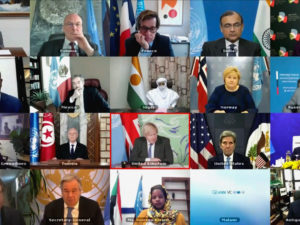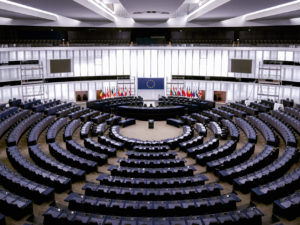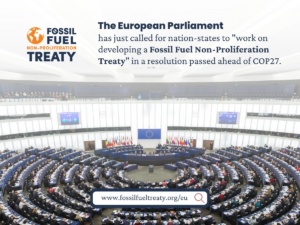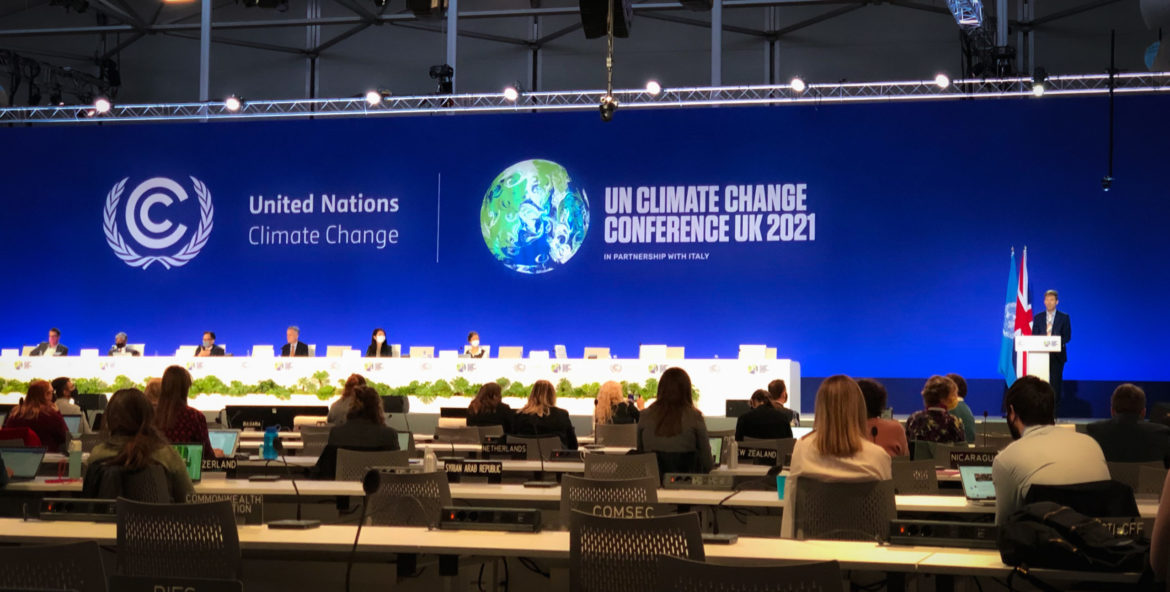
Citizens’ Climate International works to empower citizen volunteers to build political will for a livable world. We want to see the everyday economy tell the truth about pollution costs, and for mainstream finance to value the health and resilience of people and nature. We welcome the historic breakthroughs of Week 1 of the COP26, noting that sustained action is needed to operationalize these announcements and reshape the structural incentives of our everyday economy.
The Global Methane Pledge now counts 105 nations committing “to work together in order to collectively reduce global anthropogenic methane emissions across all sectors by at least 30 percent below 2020 levels by 2030.” This is a vital contribution to future climate stability, because projected methane emissions—including those from land use, ecosystem change, and melting of permafrost—could generate more global heating than all expected additional carbon dioxide emissions.
More than 100 world leaders have committed to end deforestation by 2030: “Countries spanning from the northern forests of Canada and Russia to the tropical rainforests of Brazil, Colombia, Indonesia and the Democratic Republic of the Congo will endorse the Glasgow Leaders’ Declaration on Forest and Land Use. Together, they contain 85% of the world’s forests, an area of over 13 million square miles.”
Governments representing 75% of global trade in key commodities that can threaten forests – such as palm oil, cocoa and soya – will also sign up to a new Forests, Agriculture and Commodity Trade (FACT) Statement. The 28 governments are committing to a common set of actions to deliver sustainable trade and reduce pressure on forests, including support for smallholder farmers and improving the transparency of supply chains.
Regen10 launched “an ambitious collective action plan to scale regenerative food production systems, worldwide, in a decade,” aiming for:
- Over 50% of world’s food to be produced in a way that drives regenerative outcomes
- Over 50% of the world’s agricultural land to be farmed in a way that reverses nature loss and supports decarbonisation in line the Paris Climate Agreement
- Over 500m farmers to apply regenerative production methods, receiving a fair income for the outcomes they deliver, and
- Over $60bn per year to be deployed to finance the transition
$130 trillion: This astonishing number—130 million times 1 million, or $168,612 for every human being on Earth—is the total assets under management of the 450 financial institutions signing up to the Glasgow Financial Alliance for Net Zero (GFANZ). Members of the Alliance collectively commit to mobilize capital to transform economies to reach net zero global heating emissions. To be real, this commitment will require mobilizing enough capital to eliminate half of all net global heating emissions in the next 9 years. All of the math of every sector will have to be reworked, when it comes to the cost, benefit, ease, and immediacy of climate action.
On Tuesday, at a special high-level event hosted by Canadian Prime Minister Justin Trudeau and the Carbon Pricing Leadership Coalition, we heard examples of leadership and experiences of effective carbon pricing. The Canadian example shows returning revenues to households can help sustain the policy, intensify price signals, create new opportunity, and drive change. There were also clear calls to include trade policies and regulatory interventions in the carbon pricing toolbox, to allow more nations to cooperate around carbon border adjustments, and remove the structural economic incentive to profit from pollution.
The Powering Past Coal Alliance has added 28 new members, including nations and financial institutions. The Alliance, which now includes 168 nations, is committed to ending the use of coal for power generation, globally, to eliminate one of the main sources of global heating pollution.
Together with individual and multilateral commitments to foster a just transition—to ensure major disruptions of current financial flows, industries, commodity markets, and trade, do not leave vulnerable populations without access to work or to everyday needs—these commitments will be vital for securing a livable future. What is most essential, however, is that action move at the speed and scale necessary to eliminate global heating pollution, and that finance, best practices, and new opportunity be open to all.
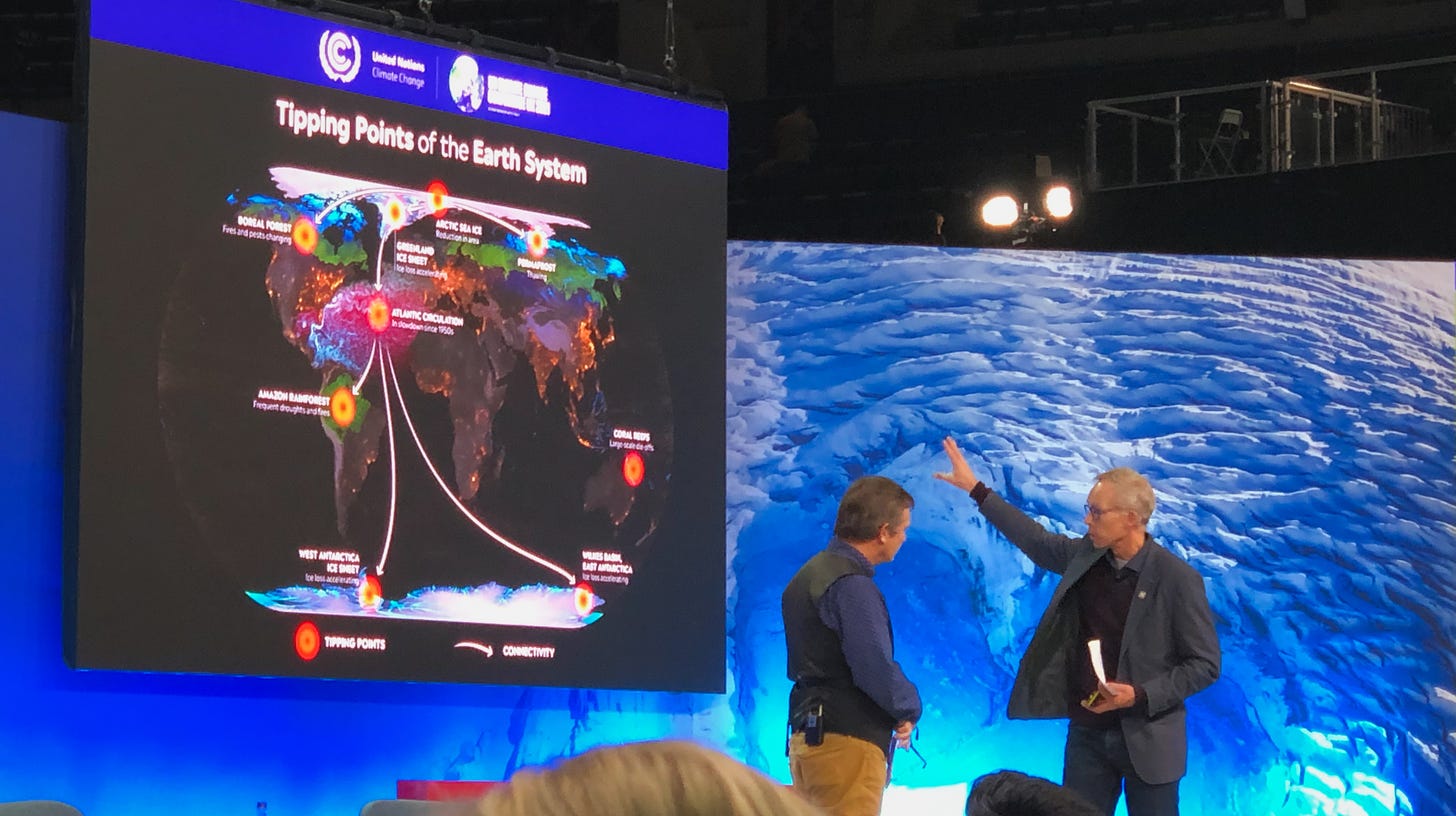
The commitments, pledges, discussions, and negotiations of this first week of the COP26 do not in themselves guarantee that we will see global heating pollution eliminated or climate emergency prevented. They do, however, fundamentally redefine the conditions in which negotiators work to set rules for operationalizing action toward the goals of the Paris Agreement and the Convention: to limit global heating to 1.5ºC and prevent dangerous climate disruption.
We call on all participants in the COP26, including negotiators working long hours to catch up on 2 years of legal process, to work within these redefined conditions: the trillions are shifting, mobilization at ground-level is ramping up, and almost all nations are now committing to transformational domestic and international action.
For inquiries about the CCI perspective on any of the above or the wider implications of COP26, email COP26(at)citizensclimateintl(dot)org
Additional resources
Read about CCI aims and activities around COP26:
- CCI COP26 Agenda Brief
- Reinventing Prosperity 1 Year Report
- The People’s Pavilion
- People-centered carbon pricing
For detailed news about each day of formal sessions at the COP26, visit the Earth Negotiations Bulletin by IISD.



